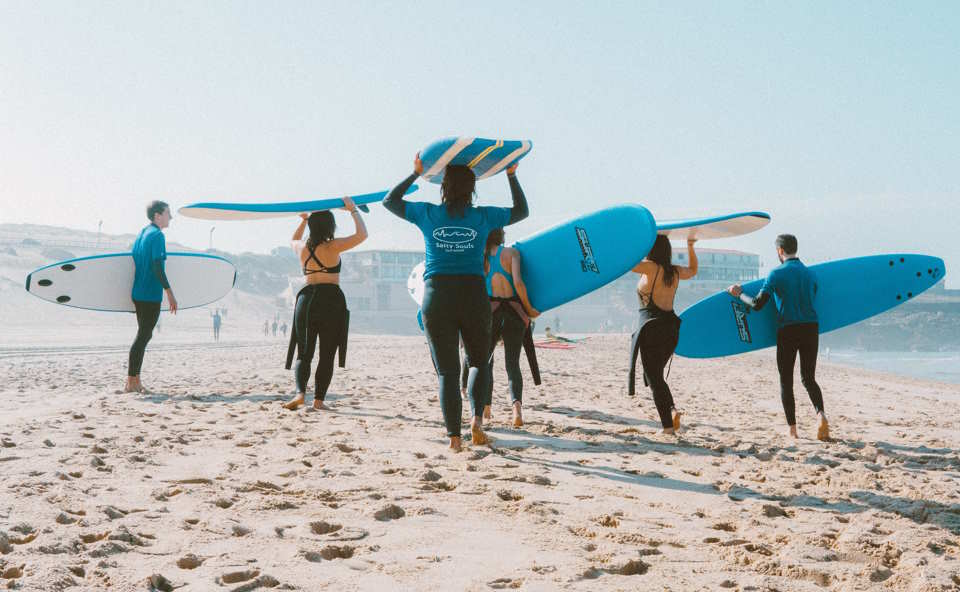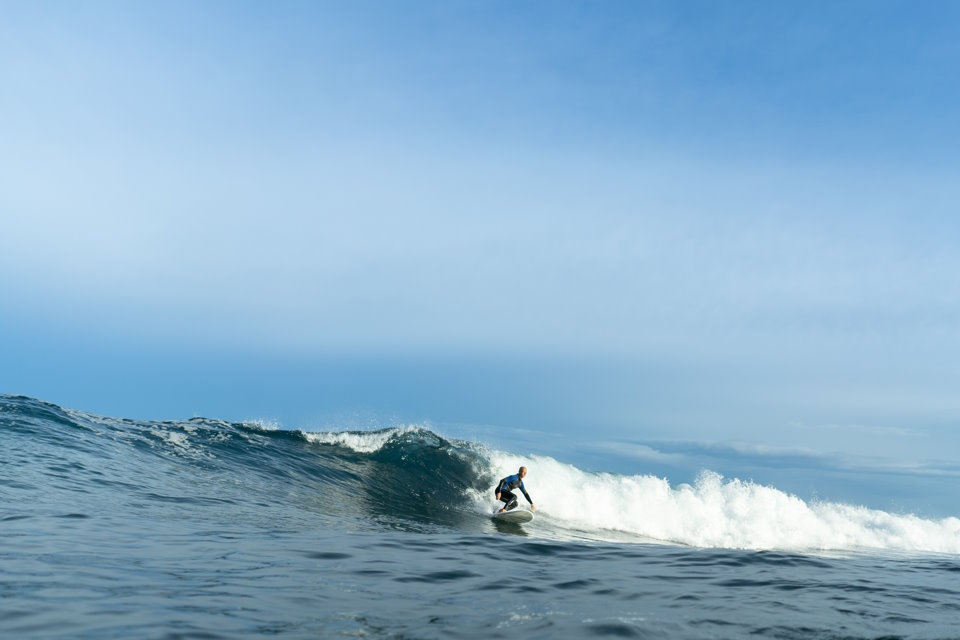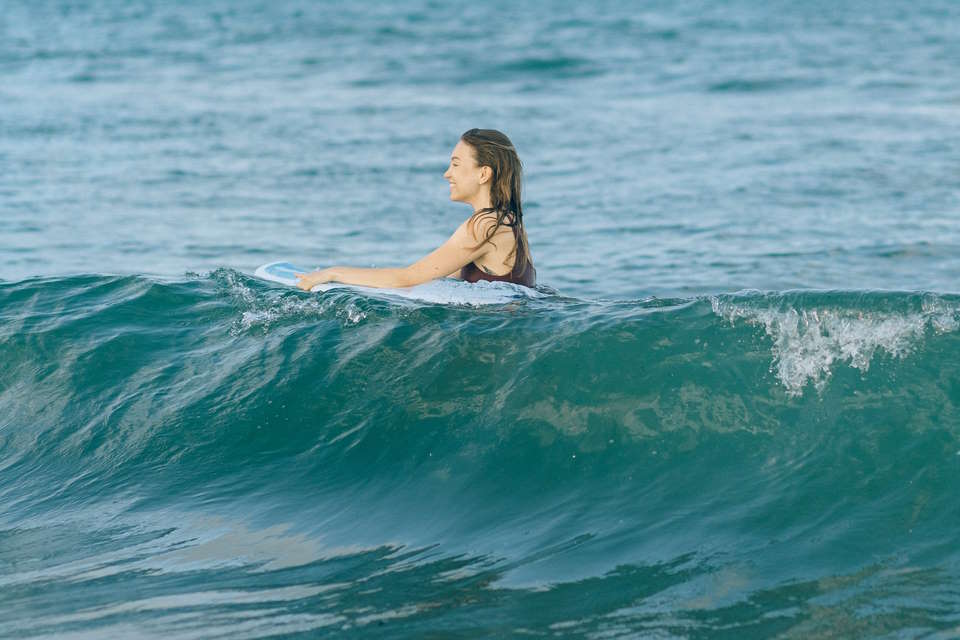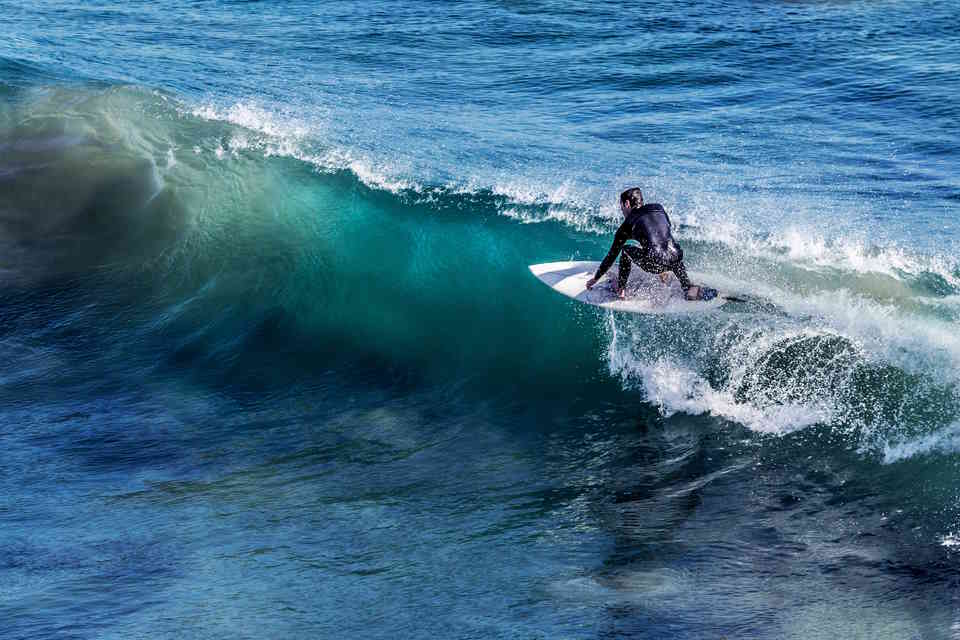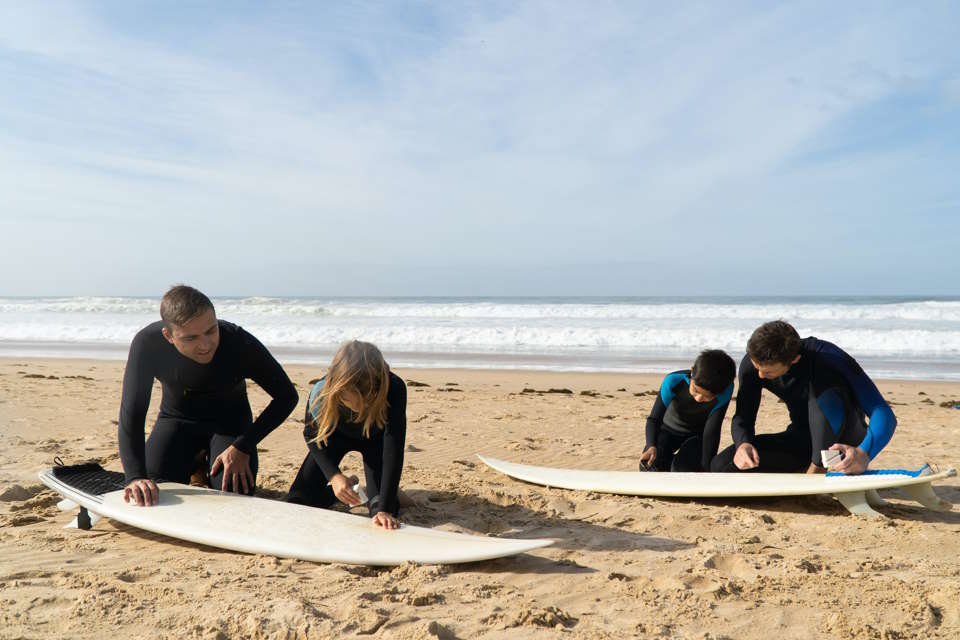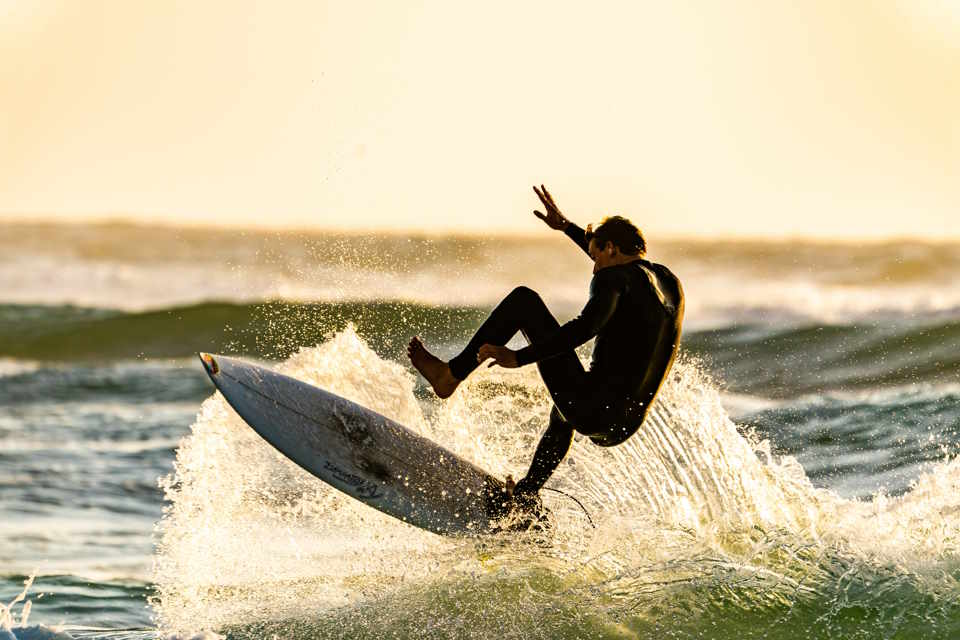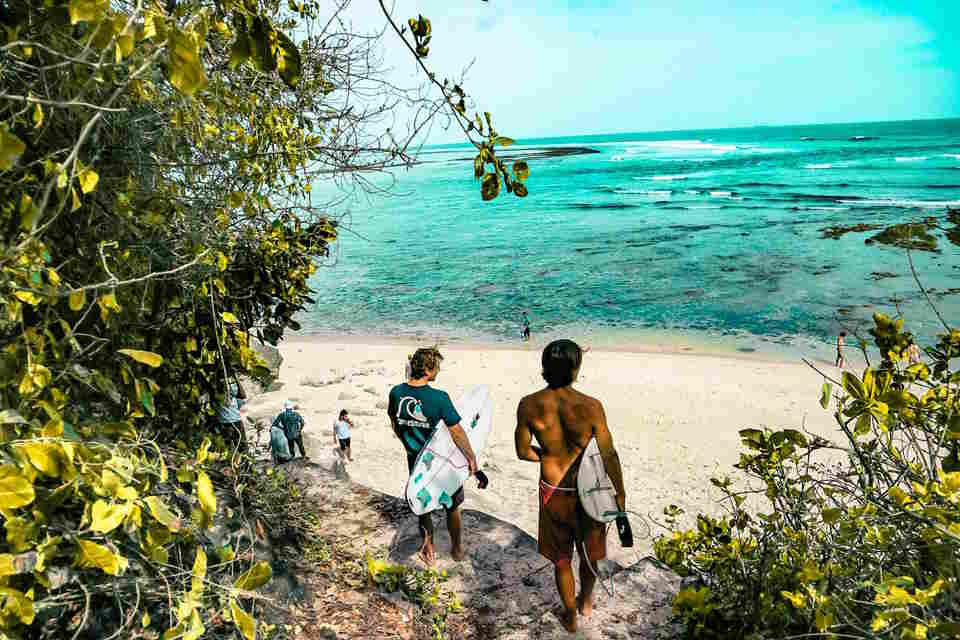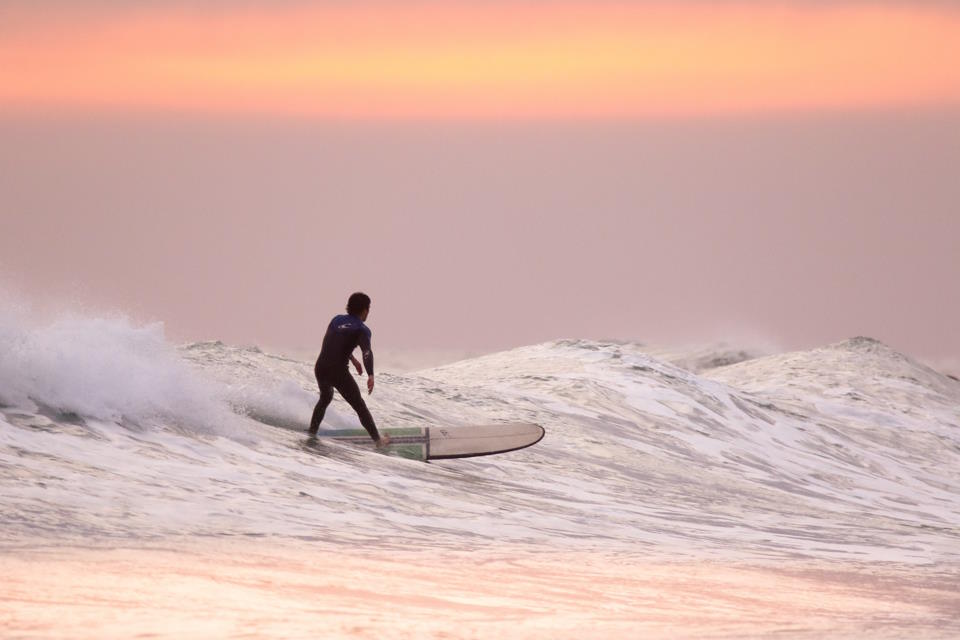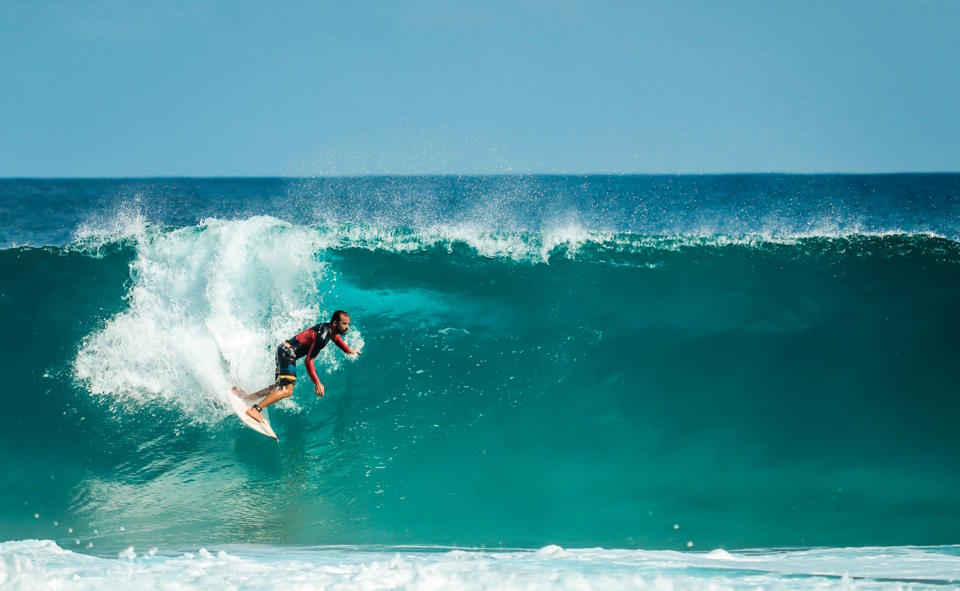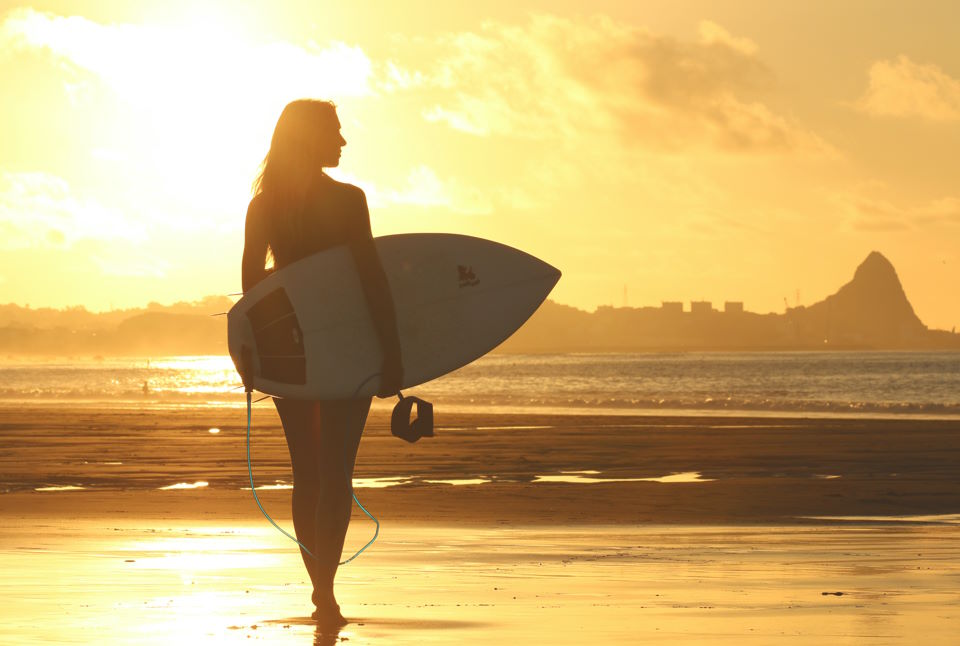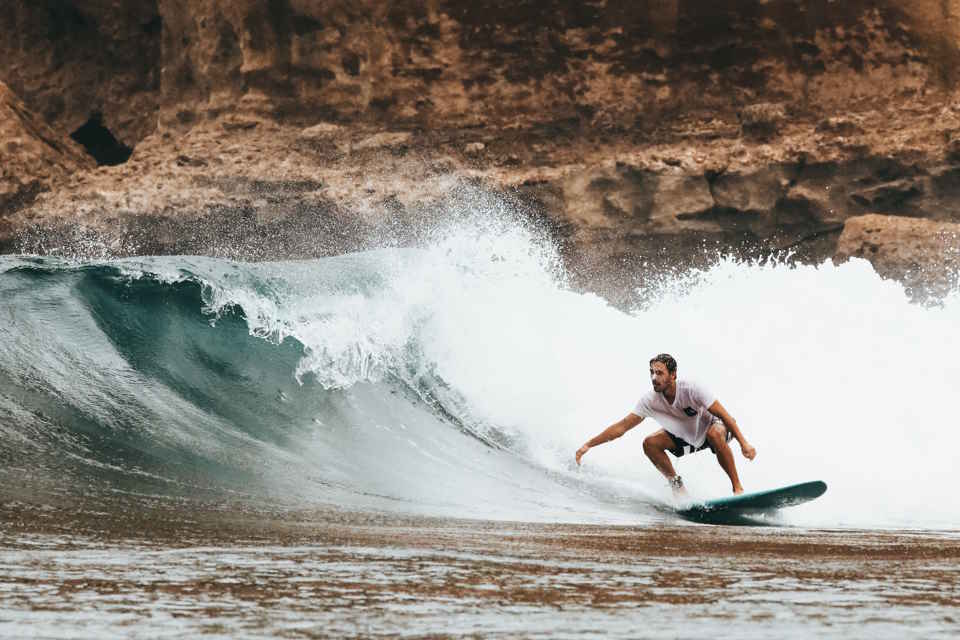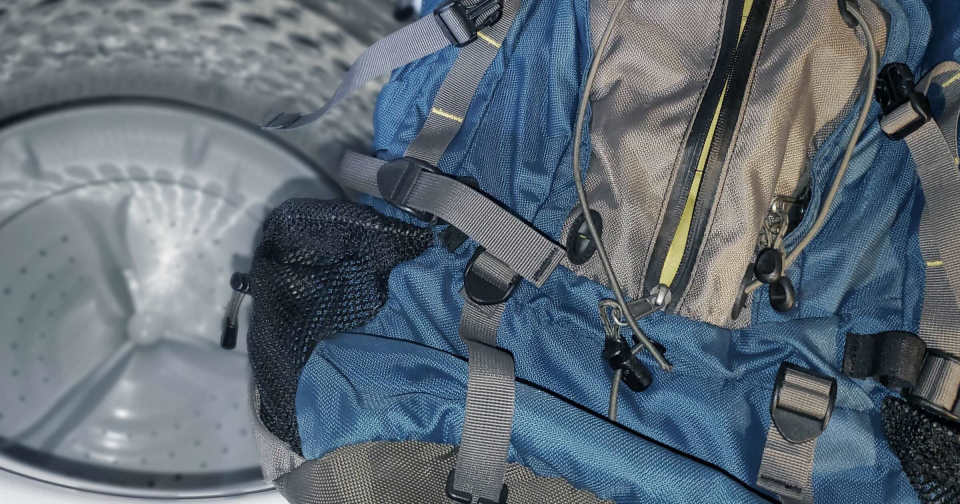If you’re someone who’s always been interested in the idea of surfing but has never tried it before, you may have a lot of questions in mind. Is it as hard as it looks? How long does it take to learn to surf? Can you do it without any prior experience? Is there an age limit to learning how to surf? These are all valid questions, and we’re here to help you find the answers. We’ll explore some of the most common questions about surfing to help you decide whether it’s the right sport for you. Whether you’re a complete beginner or someone who’s already tried surfing a few times, we hope you’ll find this informative and helpful.
Introduction
Surfing is a fantastic sport that has been around for centuries. It is one of the most popular water sports enjoyed by individuals globally. However, some people might wonder if surfing is hard. In truth, surfing can be a challenging sport to learn.
While learning a new skill, such as surfing, it takes time, patience, and dedication. It can take a few lessons before you have caught your first wave. Even experienced surfers can struggle with particular aspects, such as reading the waves and getting out past the break.
- One reason why surfing can be hard is the technical aspects involved. There is a lot to consider, such as selecting the right board, understanding the water conditions, and wind and wave direction. All these factors need to be taken into account when attempting to surf successfully.
- The physical demands of surfing also make it a challenging sport. Surfing requires using your core, upper body, and lower body strength. Paddling out to the waves requires a lot of energy, and the actual surfing itself demands a level of endurance and balance.
Despite surfing being hard, it is a sport enjoyed worldwide and can be fun and exhilarating. The key to mastering surfing is to have patience, perseverance and seek guidance from experienced surf instructors. With an open mind and positive attitude, anyone can learn how to surf, regardless of their age or experience level. So why not give it a try, and who knows, you might just catch the surfing bug!
How Long Can It Take To Learn to Surf?
Have you ever watched surfers glide effortlessly across the waves and wondered how long it takes to learn to surf? The truth is, there’s no one-size-fits-all answer to this question. Some people may be able to learn the basics in just a few hours, while others may take several months to become comfortable on a board.
The amount of time it takes to learn to surf depends on a variety of factors, including your physical fitness, natural ability, and dedication to the sport. If you’re already in good shape and have a knack for balance and coordination, you may be able to progress more quickly than someone who is out of shape and struggles with these skills.
- Physical Fitness:
Your physical fitness level is critical when it comes to learning to surf. Surfing requires a tremendous amount of upper-body and core strength, as well as endurance and flexibility. If you’re not in good shape, you’ll likely struggle to paddle out to the waves and stay on the board once you catch one. To get in shape for surfing, you’ll need to work on building your core and upper-body strength through exercises like push-ups, pull-ups, and planks, as well as cardiovascular exercises like running and swimming.
- Natural Ability:
Another factor that can impact how quickly you learn to surf is your natural ability. Some people seem to have a natural talent for the sport, while others find it more challenging. Factors like balance, coordination, and proprioception all play a role in how well you’ll be able to surf.
| Balance | Coordination | Proprioception |
|---|---|---|
| Having good balance can help you stay on the board while riding a wave. | Good coordination can help you position yourself on the board correctly and make adjustments while riding a wave. | Proprioception is your body’s ability to sense its position in space. Having good proprioception can help you make quick adjustments while surfing. |
- Dedication:
Finally, your dedication to learning to surf will play a big role in how quickly you progress. If you’re able to practice frequently and consistently, you’ll likely see progress more quickly than if you only surf occasionally. In addition, if you’re willing to invest in lessons from a qualified surf instructor, you’ll likely be able to progress more quickly and safely than if you try to learn on your own.
What Is the Hardest Part of Surfing?
Surfing is a thrilling sport that draws people all over the world to the ocean. Despite its appeal, it’s not an easy feat to master. Novice surfers often underestimate the difficulty of the sport, leading them to quit early. What makes surfing so tough? What is the hardest part of surfing?
The answer lies in the waves. The ocean is unpredictable, and no two waves are the same. What you thought was a perfect wave can turn into a wipeout in an instant. The strength and speed of the waves are beyond our control, and we have to work with what we’re given. Catching a wave at the right moment, position, and angle requires skill, patience, and experience. In other words, it takes time to become a proficient surfer.
However, that’s not the only challenge of surfing. Balancing on the board while riding the wave is another hurdle to overcome. If you’ve never stood on a board before, it can be intimidating to do so while moving on a fast-paced, unpredictable surface. Beginners tend to look down instead of forward, which impairs their balance and leads to falls. Additionally, coordinating the movements of the body and the board while navigating the waves requires practice.
- Unpredictable waves
- Balance and coordination
So, what can you do to overcome these obstacles? One word: practice. The more time you spend in the water, the more comfortable you will become with the waves. You’ll learn to recognize patterns and anticipate movements. As for balance and coordination, there are exercises you can do on land to improve them. Yoga, skateboarding, and balance boards are some examples.
| Tip | Description |
|---|---|
| Look forward | Keep your eyes on the horizon instead of the board to improve balance |
| Bend your knees | Lowering your center of gravity increases stability |
| Practice pop-ups | Get up onto the board quickly and smoothly to avoid falls |
Can You Surf With No Experience?
Surfing is one of the most thrilling water sports in the world. It’s a great way to enjoy nature while also getting some exercise. But many people wonder if they need prior experience or training to surf. If you are one of those people who have always wanted to try surfing but think it requires some level of expertise, we have good news for you.
Yes, it is possible to surf with no prior experience. However, it’s not as simple as just renting a surfboard and hitting the waves. Surfing involves a lot of risks, and the ocean can be unpredictable. Therefore, it’s important to take some precautions before you head out into the water.
- Take a Lesson: The best way to surf with no experience is to take a lesson from a qualified instructor. They will teach you basic skills such as how to paddle, stand up on the board, and ride the waves.
- Choose the Right Surfboard: Beginners should choose a surfboard that is long and wide as they are more stable and easier to balance on. A bigger board will give you a better chance of staying upright on your first attempts.
- Surf in Safe Conditions: Beginners should avoid surfing in dangerous conditions. Try to find areas with small waves and shallow water. Also, avoid crowds and stick to quieter spots as this can decrease the risk of accidents.
Surfing with no experience can be challenging, but it’s not impossible. With practice, you can improve your skills and enjoy the thrill of riding the waves. Remember, surfing is a sport that requires patience, perseverance, and a love for the ocean.
Is 20 Too Old to Learn How to Surf?
Surfing is one of the most thrilling sports that one can indulge in. It’s no wonder why so many people take up surfing at a young age. But what about those who haven’t had the opportunity to surf in their youth? Is 20 too old to learn how to surf?
It’s never too late to learn how to surf. While it’s true that many surfers start young, there are plenty of people who start surfing in their 20s, 30s, or even later. The most important thing is to have the drive and determination to learn the sport.
Getting started:
- When learning to surf, it’s essential to start with the basics. As with any sport, mastering the fundamentals is key to becoming a skilled surfer. Novice surfers should focus on paddling, balancing, and positioning themselves on the board. They should also learn how to read waves and navigate the ocean safely.
It’s important to remember that surfing is a physically demanding sport. It requires strength, stamina, and agility. But don’t let this intimidate you. Surfing is also a fantastic form of exercise and a great way to stay healthy and fit. With practice, you’ll build the necessary strength and endurance to become a successful surfer.
| Benefits of surfing: |
|---|
| 1. Increased cardiovascular health |
| 2. Improved balance and coordination |
| 3. Reduced stress and mental clarity |
| 4. Opportunity to connect with nature |
So, is 20 too old to learn how to surf? Absolutely not! Many surfers learn the sport in adulthood and go on to become skilled surfers. The most important thing is to have a positive attitude, a willingness to learn, and the patience to stick with it. With these qualities, you’ll be riding waves in no time.
What Age Do People Stop Surfing?
Surfing is a sport that can be enjoyed by people of different ages. As long as one has the determination and passion to learn, it is never too late to start. However, just like any other sport, there comes a time when people have to stop. The question is, at what age do people stop surfing?
According to research, the average age when people stop surfing is between 34 and 44 years old. This age range is typically when individuals start to focus on their careers and families, leaving less time for leisure activities such as surfing.
Although age is a significant factor, other considerations can also affect an individual’s decision to stop surfing. Health problems and injuries can hinder a surfer’s ability to ride the waves, and can ultimately lead to their decision to quit.
- Another factor to consider is location. Surfing requires access to the ocean, and those who live far from the coast may find it challenging to incorporate surfing into their regular routine.
- Additionally, surfers who do not have a community or support system may lose interest in the sport and stop surfing, as surfing is often considered a social activity.
However, there are individuals who surf into their 60s and beyond! With proper preparation and care, it is possible to continue surfing for many years, and age should not be a limiting factor. Whatever the case may be, surfing is an activity that can provide joy and fulfillment for many years if one desires.

